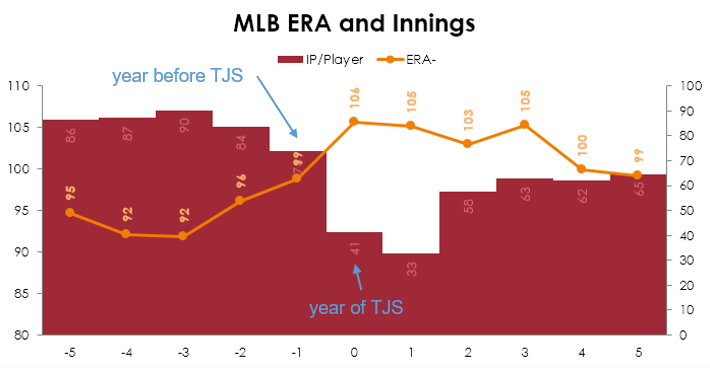Bradley Woodrum
7:31
7:31
Zack
7:32
Bradley Woodrum
7:33
7:33
Chase
7:34
Bradley Woodrum
7:34
7:35
7:35
7:36
7:36
Trotsky
7:36
Bradley Woodrum
7:37
Mike
7:38
Bradley Woodrum
7:38
7:38
7:39
Jackson
7:39
Bradley Woodrum
7:39
7:39
7:40
Colt Holt
7:40
Bradley Woodrum
7:40
7:41
7:41
7:41
7:41
Jake
7:42
Bradley Woodrum
7:43
7:43
Cheese
7:43
Bradley Woodrum
7:44
7:44
7:44
Devern Hansack
7:44
Bradley Woodrum
7:45
7:45
7:45
Ed
7:46
Bradley Woodrum
7:46
Connecting…

